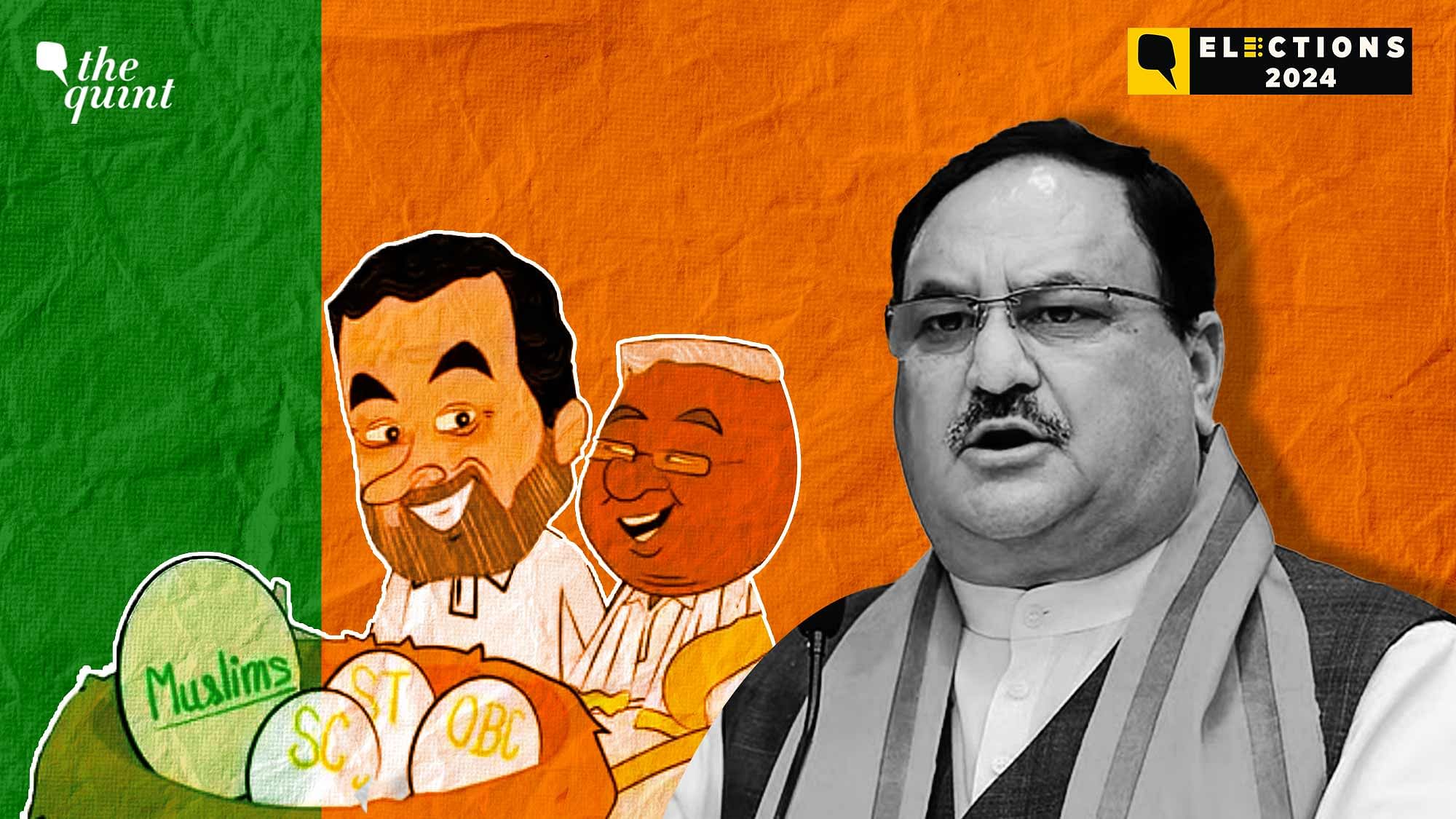The Madras High Court on Friday refused to interfere with the decision taken by the Reserve Bank of India (RBI), and approved by the Centre, in November 2020 to amalgamate Lakshmi Vilas Bank (LVB) with DBS Bank India Limited (DBIL), an Indian subsidiary of Development Bank of Singapore.
Chief Justice Sanjay V. Gangapurwala and Justice D. Bharatha Chakravarthy, however, directed the RBI to value the shares and assets of both DBIL and LVB as on the date before the amalgamation and on that basis, take a decision afresh on reduction of value of shares and writing off Tier II bonds.
The court held that the value of the shares of LVB ought not to have been reduced to zero without evaluating the shares of DBIL and LVB and determining the swap ratio which was highly essential to save the interests of the shareholders and the bondholders who had approached the court against the merger.
The Bench agreed with the RBI that all was not well with LVB owing to the irregularities committed by some of its directors and therefore, the central bank had to step in to save the interests of lakhs of depositors, especially when it found that a huge amount of deposits was being withdrawn from LVB on a daily basis.
The court, however, said the RBI should have ensured transparency in the entire process of amalgamation and saved the interests of the shareholders too. It said the central bank should not have rushed through the process of merger within eight days by rejecting more than 3,500 objections without disclosing the reasons.
“Though as an expert regulatory body, the decisions of the RBI are to be respected, the process undertaken by the RBI for amalgamation must be transparent. The RBI has stated that about 12 proposals were considered for the merger, but the terms and conditions put forth by those banking companies are not placed on record only on the ground of maintaining confidentiality. The same is not acceptable,” the Bench wrote.
The judges wondered why the RBI was hesitant to disclose the details of the 12 proposals even after the amalgamation had taken place and was willing to place them before the court only in a sealed cover, despite the Supreme Court having deprecated the practice of submitting information in sealed covers.
They went on to state: “Transparency would be necessary to eradicate any suspicion and to allay the contention of the petitioners about favouring DBIL and giving LVB to DBIL on a platter.” The court also observed that the entire shares of LVB ought not to have been written off just because DBIL had insisted on doing so.
“Though we find that the whole process of identifying DBIL and the procedure of carrying out the amalgamation cannot stand the scrutiny of law, still we hold that the amalgamation of LVB with DBIL need not be set aside. The amalgamation has already taken effect, four years back. The situation is irreversible. In view of that, there may not be much scope left for setting aside the amalgamation in toto,” the Bench concluded.

 1 week ago
147
1 week ago
147



